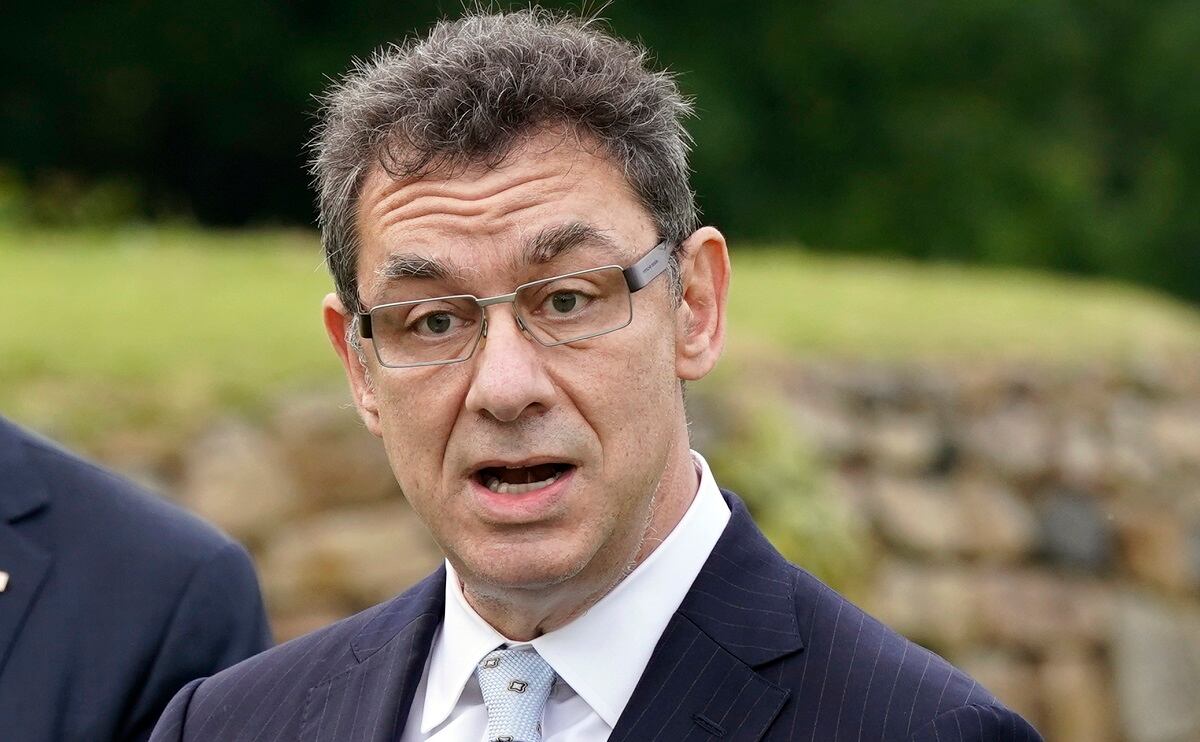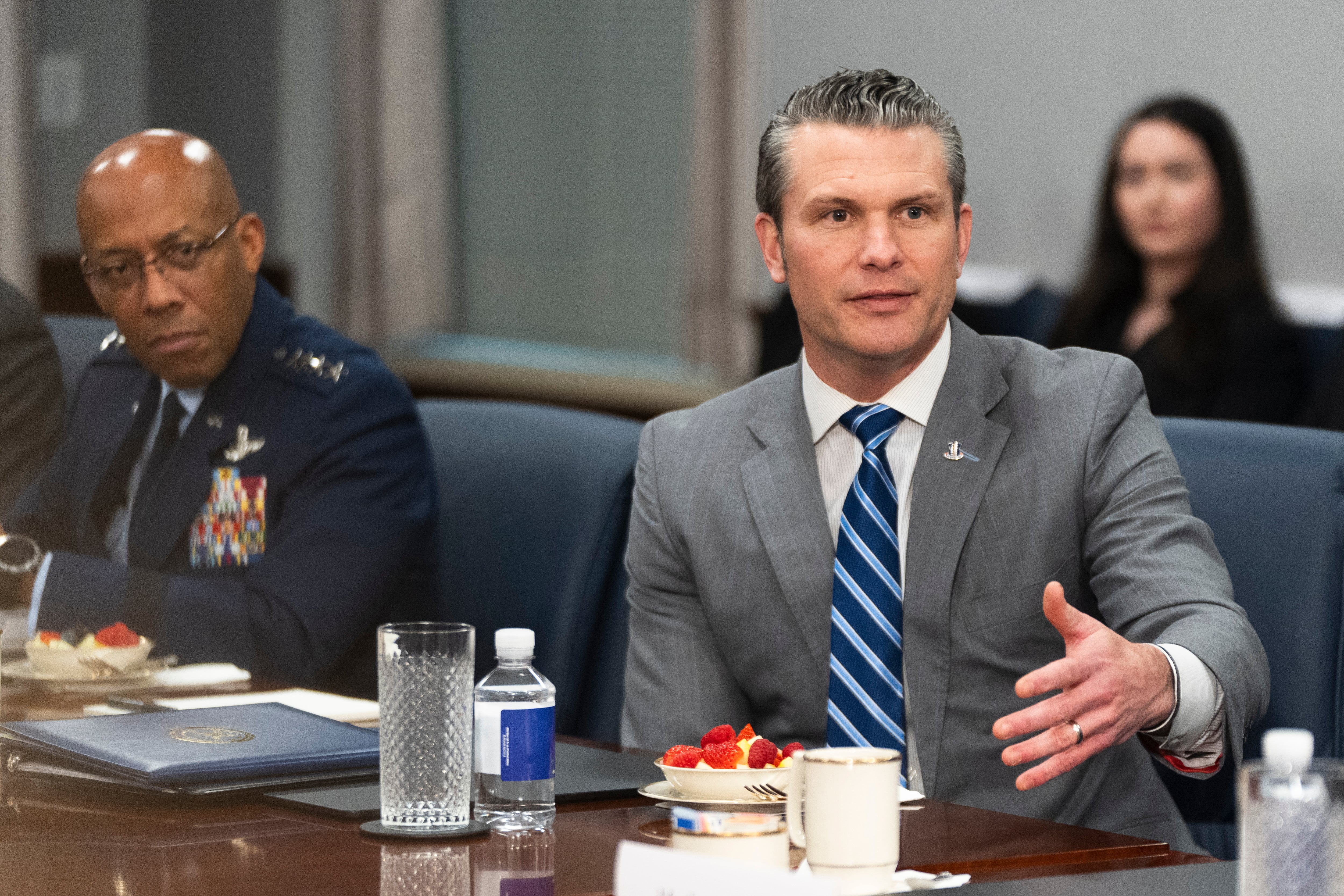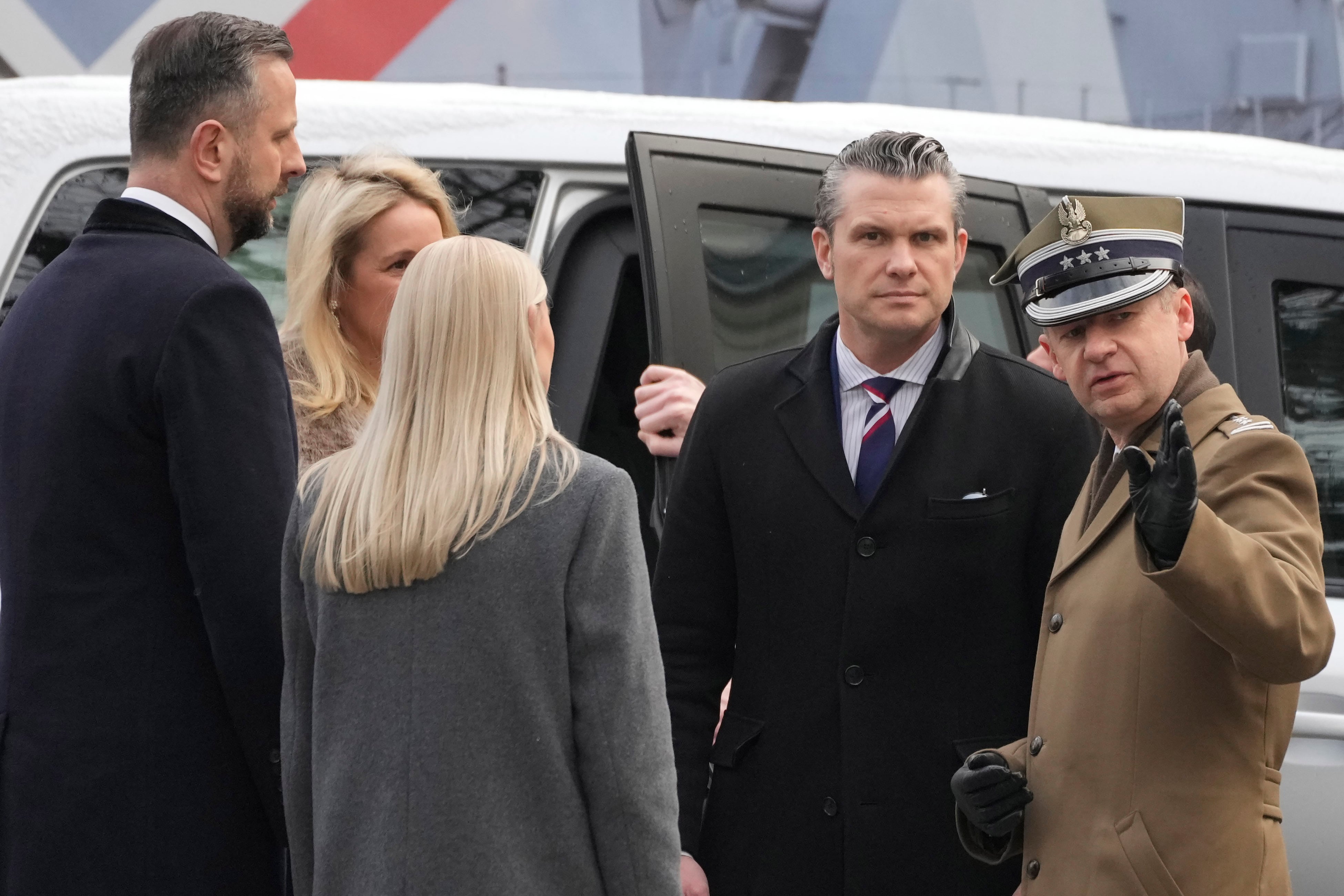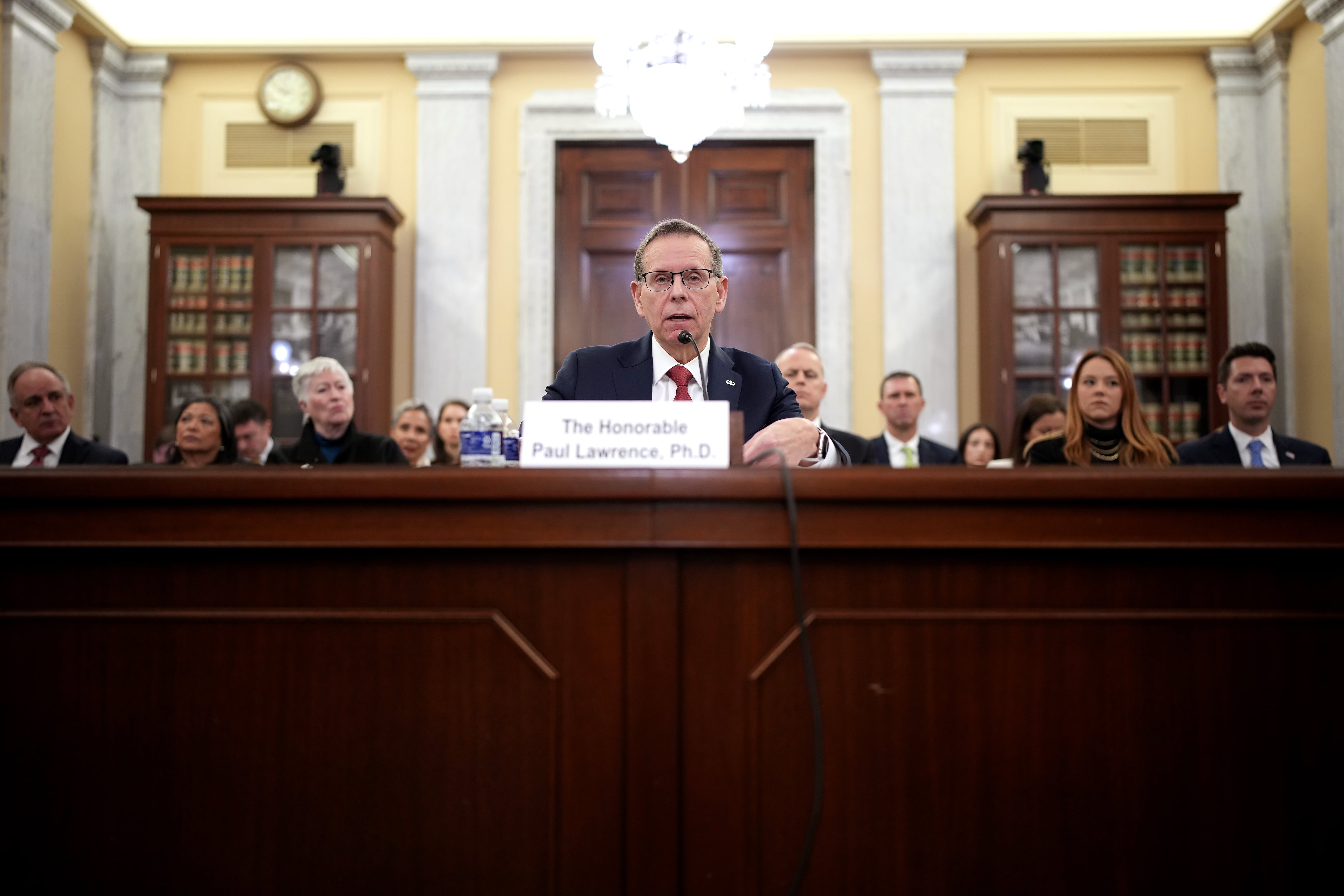CLAIM: The U.S. Marine Corps arrested Pfizer CEO Albert Bourla and killed his bodyguards.
AP’S ASSESSMENT: False. Bourla has not been arrested, Pfizer confirmed to The Associated Press. The claim was made in a post by a website that says it publishes “humor, parody, and satire” and has previously published similar false stories. The site has since taken the post down.
THE FACTS: Social media users this week are sharing a post falsely claiming that Bourla has been arrested by the Marine Corps, an operation during which his two bodyguards were killed.
“United States Marines on Monday captured Pfizer CEO Albert Bourla and killed his two bodyguards during a military-sanctioned operation to apprehend the fiendish clot shot manufacturer following his return to the United States,” reads the post, which was published last week on the website Real Raw News and has since been deleted.
One Instagram user shared a screenshot of the post along with four saluting emojis.
However, there is no truth to this claim.
Real Raw News frequently publishes fabricated stories that use anonymous military sources. Many of its posts are about made-up arrests. The site includes a disclaimer stating that it “contains humor, parody, and satire.” It did not return a request for comment.
Pfizer said in an emailed statement to the AP that the claim is false. The Marine Corps did not respond to a request for comment.
The post about Bourla’s supposed capture also did not provide any credible evidence for its claim, citing only one alleged anonymous “source in General Eric M. Smith’s office” — the same thing it has said on numerous prior false arrest claims.
It falsely stated that Bourla was arrested the morning of Aug. 7, but the executive tweeted that evening about his experience mentoring a college sophomore. He tweeted again on Monday about a treatment for multiple myeloma, an aggressive blood cancer.
The Associated Press has previously debunked multiple false claims about Bourla, including that he was arrested by the FBI.
___
This is part of AP’s effort to address widely shared misinformation, including work with outside companies and organizations to add factual context to misleading content that is circulating online. Learn more about fact-checking at AP.





